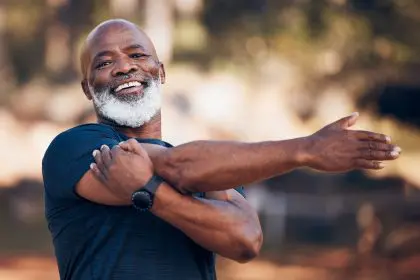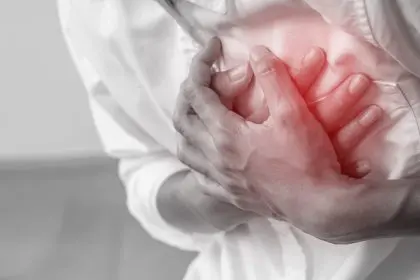Recovering from surgery for a widow maker—a severe heart attack caused by blockage of the left anterior descending (LAD) artery—requires careful attention to physical, emotional, and mental health. While this type of heart attack poses significant risks, proper post-surgical care enables individuals to reclaim their health and vitality.
Understanding recovery phases
The journey after widow maker heart surgery typically progresses through distinct stages. During the acute recovery phase in the hospital, medical staff focus on stabilization, pain management, and monitoring for complications. They carefully track heart function and watch for potential issues like infection or irregular heartbeats.
The sub-acute phase begins after hospital discharge, typically lasting six weeks. This critical period involves gradually resuming daily activities under medical supervision. Beyond six weeks, long-term recovery emphasizes rebuilding strength, establishing sustainable exercise routines, and adopting heart-healthy habits to prevent future cardiac events.
Essential home recovery strategies
Following your medical team’s instructions precisely becomes crucial for successful recovery. This includes adhering to medication schedules, respecting activity limitations, and staying alert for complication signs. Regular follow-up appointments help track progress and address concerns promptly.
Nutrition plays a vital role in healing. Focus on consuming plenty of fruits and vegetables rich in healing antioxidants, whole grains for sustained energy, and lean proteins to rebuild tissues. Include heart-healthy fats found in nuts, seeds, and fish while avoiding processed foods, excess sodium, and added sugars that stress the cardiovascular system.
Physical activity progression
Exercise proves essential for cardiovascular recovery but requires careful implementation. Begin with light activities like short walks, gradually increasing intensity as your healthcare team advises. Cardiac rehabilitation programs offer supervised sessions designed specifically for safe recovery, providing structured exercise guidance and monitoring.
Managing emotional wellbeing
Experiencing a widow maker heart attack often creates significant emotional trauma. Feelings of fear, anxiety, or depression commonly arise during recovery. Building a strong support system through family, friends, or support groups helps process these emotions. Professional counseling can provide additional tools for managing psychological challenges.
Recognizing warning signs
While most recoveries proceed smoothly, certain symptoms warrant immediate medical attention. Watch for severe chest pain, shortness of breath, persistent leg or ankle swelling, or irregular heartbeats. Quick response to these warning signs can prevent serious complications.
Long-term lifestyle modifications
Successful recovery extends beyond immediate healing to include lasting lifestyle changes. Regular check-ups with your cardiologist ensure proper monitoring of your heart’s progress. Eliminating smoking and limiting alcohol consumption significantly reduce future cardiac risks.
Working with healthcare providers to maintain a healthy weight through proper nutrition and appropriate exercise helps support long-term heart health. Consistent medication adherence, especially for prescriptions like blood thinners or beta-blockers, plays a crucial role in preventing future cardiac events.
The importance of cardiac rehabilitation
Cardiac rehabilitation programs offer comprehensive support for recovery through structured exercise sessions, educational workshops, and psychological counseling. Research demonstrates that completing these programs significantly reduces rehospitalization risks while improving overall quality of life.
Building momentum in recovery
Recovery from widow maker heart surgery requires patience and persistence. Celebrating small achievements—walking further, preparing heart-healthy meals, or feeling more independent—helps maintain motivation. Keeping a progress journal provides tangible evidence of improvement and encouragement during challenging days.
Creating support networks
Connecting with others who have experienced similar recoveries provides valuable emotional support and practical advice. Local or online support groups offer opportunities to share experiences and learn from others’ journeys, creating a community of understanding and encouragement.
Looking ahead
While recovering from widow maker heart surgery presents significant challenges, a comprehensive approach focusing on physical healing, emotional support, and lifestyle modifications creates the foundation for renewed health. Taking recovery step by step, while maintaining close communication with your healthcare team, enables you to work toward restored strength and vitality with confidence.
This story was created using AI technology.











